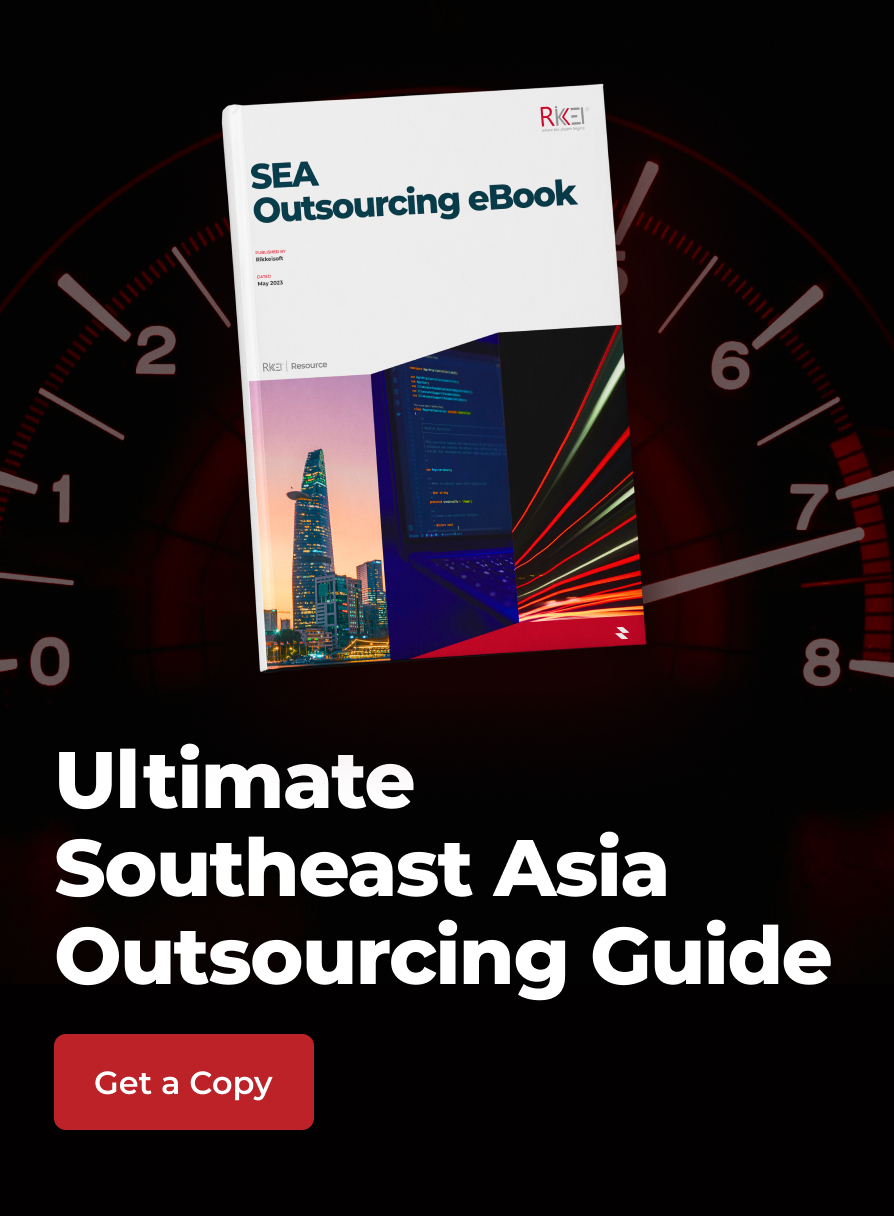Cloud Computing Outsourcing Guideline 2023
Contents
As the world goes increasingly digital, companies might need to move their operations to the “cloud”. This can be a difficult hurdle for more traditional small businesses – they do not have the technical know-how or human resources for such a massive undertaking. After all, they still have a business to run!
This is where cloud computing outsourcing comes in. So what exactly is cloud computing, and how can you, a small business owner, outsource it to help improve your company? Read on for answers to all these questions!
What is Cloud Computing?
Cloud computing is the delivery of computing services over the Internet, or “the cloud”. They are available on-demand, without any direct active management from the end user. These services include but are not limited to storage, servers, database, networking, analytics, and more.
Cloud computing allows clients access to data and applications over the Internet from remote physical servers and databases. The client device is considered the “front end” to the remote servers and databases’ “back end.” A central server facilitating data exchange using software and middleware acts as a bridge between them. In addition, each application or work process usually has its own dedicated server.
This might sound distant from your daily life, but it is not! If you are reading this article, you have most likely used applications of cloud computing in your life. Online services that allow you to send and receive e-mails, stream media, play video games, store your personal files – they are all applications of cloud computing!
Cloud computing offers businesses flexibility in operations – you can choose the services your business needs the most, making it simple to change your company’s scale whenever necessary.
Read more: AWS Cloud Pricing Calculator Guide
Why Should Businesses Consider Outsourcing Cloud Computing?
Cloud computing is a significant convenience for businesses, but building these complex systems from scratch is an immense and expensive task, and it is not guaranteed to work at all! That is where cloud computing outsourcing comes in: cloud service providers offer ready-to-use applications and software on the cloud for anyone to use in their workflow.
Other than not having to create your own cloud computing system, outsourcing cloud computing also grants your business a plethora of benefits listed below:
Read more: Cloud Computing Costs: Models & Savings
What Are The Most Popular Types of Cloud Computing Services?
1. Saving costs
Building a server or database carries with it a considerable cost. Purchasing hardware & software, setting up, and operating physical data centers all contribute to a gigantic bill of capital expense. With cloud computing, you do not have to worry about this – everything you need is prepared and operated by a third-party vendor at no additional cost to your business.
Furthermore, as mentioned above, you can choose cloud computing services as you go, preventing your business from having to pay excess for applications and services that are unnecessary to your everyday operations.
2. Improving scalability, productivity, and performance
The speed at which you can expand your processing capacity with cloud computing is blindingly fast. Most service providers have resources readily available to you with just a few clicks. Thanks to this, your business can be flexible and competitive, all without the pressure and hassle of capacity planning.
Through cloud computing outsourcing, you can also cut down on time-consuming IT management chores – ”racking and stacking” – it takes to upkeep your server. Cloud servers are entirely maintained by a different team, offloading the work from your internal team. They can use that time to focus on essential aspects of your business, increasing efficiency.
Your company’s performance will also improve through outsourcing cloud computing. This is because cloud services’ network of datacenters is regularly updated and upgraded to the newest generation of software and hardware, with state-of-the-art speed and efficiency. Compared to a singular datacenter that your company most likely operates on, this model offers many advantages, including lower network latency and greater economies of scale.
3. Data security & reliability
Trustworthy cloud computing outsourcing services offer a broad and comprehensive set of rules, policies, technology, and controls that ensure the absolute security of your company’s data, applications, and infrastructure from potential threats. Compared to an in-house, on-premise datacenter, the need to keep your data safe is eliminated.
In addition, cloud service providers also make data backup and recovery trivial and less expensive. The data can be mirrored from the service provider’s numerous redundant sites in the network, with virtually no damage to your business continuity.
As convenient as they can be, not all clouds are the same. Cloud computing has evolved into many different types and models to suit everyone’s needs. Hence, it is important for businesses to really know their requirements before making the decision to outsource cloud computing. By doing so, business owners can be assured that the services they are paying for offer the best solution to their problems.
4. Cloud computing structures
The first step in choosing a cloud for your business is deciding on the type of deployment, or architecture, that your services will be implemented on. Currently, there are three major methods for deploying cloud services: public, private and hybrid.
| Cloud infrastructure | Definition |
| Public cloud | Public clouds are clouds that are created from infrastructure not from the end user. Before, public clouds would always be off-premises, but service providers today have made it possible for their datacenters to be built and run on the client’s premise. Due to this, it is now obsolete to separate clouds by their location and ownership. Some examples of large public clouds today are Amazon Web Services (AWS), Microsoft Azure, and Google Cloud. |
| Private cloud | Private clouds are, like the name suggested, cloud environments and resources exclusively used by one entity or organization. Similar to how public clouds can be on-premises, these days a company can choose to host their own physical servers, or outsource it completely to a vendor to host their private cloud (e.g. Rikkeisoft’s Cloud Services). Subtypes of private clouds have developed throughout its life, including: Managed private clouds: private clouds completely managed by a third-party.Dedicated private clouds: A cloud within another cloud. It could be on a public cloud, or within a private cloud altogether. |
| Hybrid cloud | Hybrid clouds are a combination of both public and private clouds, utilizing technology that allows exchange of data and shared applications between them. Requirements of hybrid clouds vary depending on the needs of the organization itself, giving them immense flexibility when it comes to customizing the cloud services they want. |
5. Cloud Computing Service Types
The other step in deciding your cloud service is its type. Most services can be categorized into three broad as-a-service types, a, which will be detailed below:
| Cloud service type | Definition |
| Infrastructure-as-a-Service (IaaS) | The most basic form of cloud computing. In an IaaS model, the service provider manages your infrastructure – physical servers, network, virtualization, and data storage – through the Internet. The end user then accesses these using an API or dashboard, effectively renting the infrastructure. The user in this model mostly takes care of things like the operating system and apps while the provider handles the hardware, monitoring the physical system in case of outages or hardware errors. |
| Platform-as-a-Service (PaaS) | The PaaS model is one best suited for programmers and developers – the cloud service provider offers the hardware and application platform as an on-demand developing environment. The user only needs to handle applications and the data those apps run on. PaaS provides developers with a shared cloud platform for application development, without having to worry about building and maintaining an infrastructure for those platforms. |
| Software-as-a-Service (SaaS) | Rather than a cloud computing service, SaaS is a method to deliver software applications to users through the Internet, often on-demand and on a subscription basis. The users then access these applications over the Internet on their personal systems. In a SaaS model, the provider takes care of everything regarding software and hardware, while the user is just simply using the application and do not have to worry about anything at all. |
How to Choose a Cloud Service Provider
Now that you knew about cloud computing outsourcing and the different ways it can be provided, how do you choose a service provider that best suits your needs? It is vital that extensive research is done on a provider’s background, as you are most likely entrusting them with your business’ most important and well-kept applications, data, and information.
It is recommended that you consider and evaluate these things before choosing your cloud computing outsourcing provider:
| Business health and processes | Financial health | The provider should be in a healthy and reputable financial position, with a stable history and capability to operate over a long term. |
| Organization and risk management | The provider should have a clearly defined staff and risk management structure, as well as a formal process for evaluating third-party vendors. | |
| Trust & reputation | The provider’s image and policies should align with your company’s. Look for reviews and customer testimonies, partners, experience, anything that helps build up their reputation as a trustworthy and reliable company. | |
| Technical knowledge | The provider should be able to understand what you are trying to do for your company and match that to their expertise. | |
| Compliance audit | You should order your provider to go through a third-party audit, making sure that they comply with all of your requirements. | |
| Administration support | Service Level Agreements (SLAs) | Your provider should be able to offer minimum level of service that they are able to commit to. |
| Performance reports | Performance reports should be given frequently so that you can track and follow the efficiency of the operation. | |
| Resource and configuration management | The provider should have enough controls for customers to monitor the services as well as changes made to the system. | |
| Billing and Accounting | Billing and accounting related to cloud services should be automated so that there are no unexpected bills popping up. | |
| Technical capabilities and processes | Ease of deployment, management and upgrade | It should be easy for your company to deploy you applications, as well as management and up |
| Standardized interfaces | The providers’ APIs should be standard for easy integration with your organization’s system. | |
| Event and change management | The provider should be able to track events and changes, as well as documenting them. | |
| Hybrid capability | Look into the provider’s hybrid capability even if you do not need it right now to save you troubles later down the line. | |
| Security | Infrastructure | A comprehensive security structure for all types of services is desirable. |
| Policies | Access to the cloud should be heavily monitored with thorough security policies. | |
| Identity management | Authentication should be required to access and change your company’s application or data on the cloud. | |
| Data backup | Systems to maintain data integrity should be up and functional within the provider’s cloud. | |
| Physical security | The physical hardware should be thoroughly protected from all threats, including disruptive events and hijacking attempts. |
Rikkeisoft – Your Destination for Cloud Computing Outsourcing
Founded in 2012, Rikkeisoft is a leading software development firm based in Vietnam. With our varied experience and deep expertise, we offer businesses powerful cloud computing solutions to their digitization problems at an affordable rate. We work with small to medium businesses all over the world, striving to give them the best cloud computing outsourcing services they deserve.
Conclusion
Even though it has only been here for a little over a decade, cloud computing has proven to be a disruptive technology, changing the way many businesses operates. Instead of staying away from it, embrace the technology even if you do not have the human resources with outsourcing! Whatever you do, cloud computing outsourcing will be a solid foundation for change and innovation in your business.
More From Blog
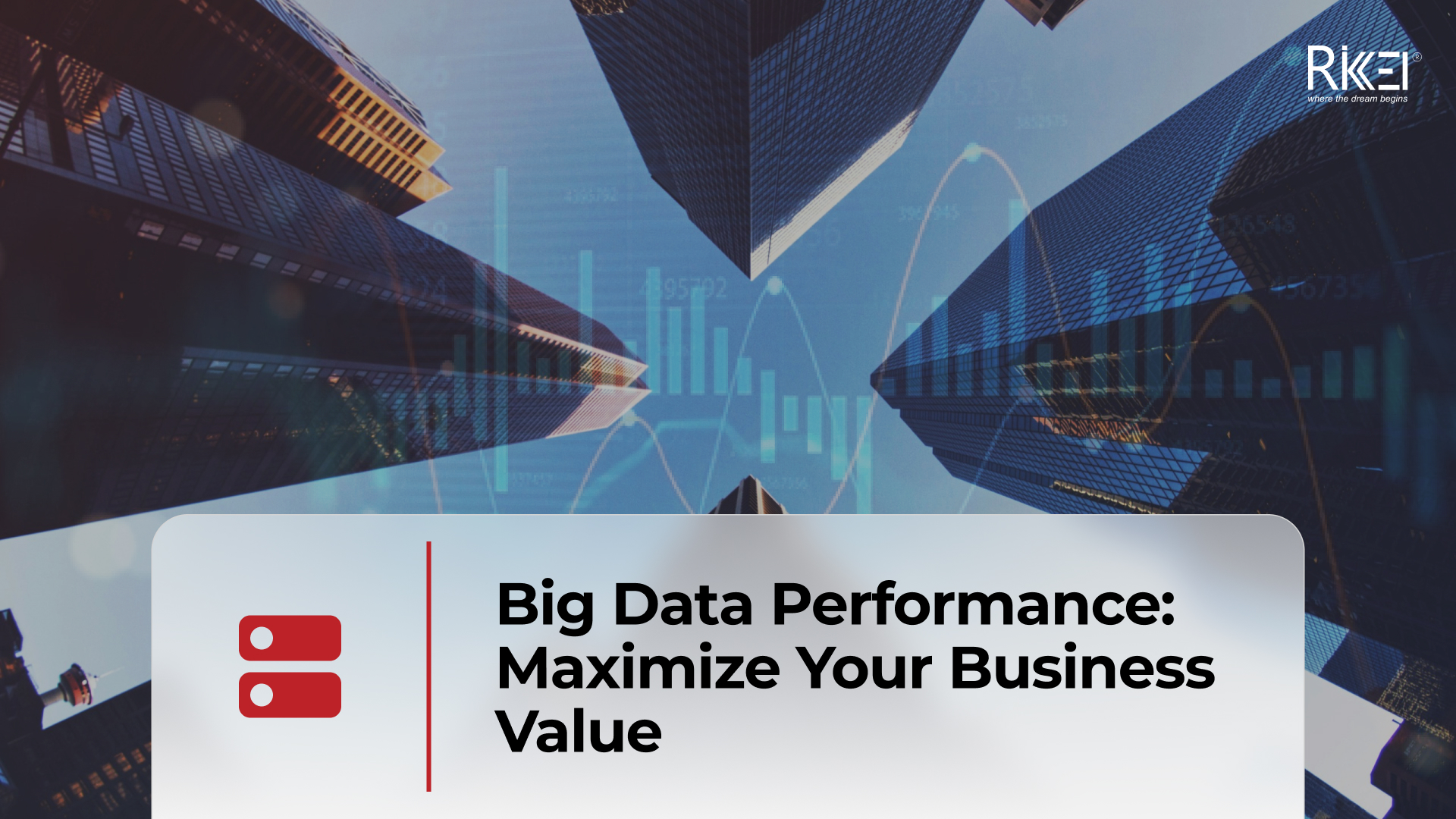
April 4, 2024
Big Data Performance: Maximize Your Business Value
In today’s data-driven world, organizations are constantly generating and collecting immense amounts of data to understand their customers more deeply. This data, often referred to as “big data,” holds immense potential for organizations to seek opportunities and overcome challenges. But accessing and analyzing big data isn’t enough to have proper strategies; organizations must pay attention to […]

April 4, 2024
How Real-Time Data Analysis Empowers Your Business
In today’s fast-paced business landscape, the ability to quickly make data-driven decisions has become a key differentiator for success. Real-time data analysis, the process of analyzing data as soon as it’s generated, has emerged as a powerful tool to empower business across industries. By leveraging real-time data analysis, organizations can gain timely and actionable insights, […]
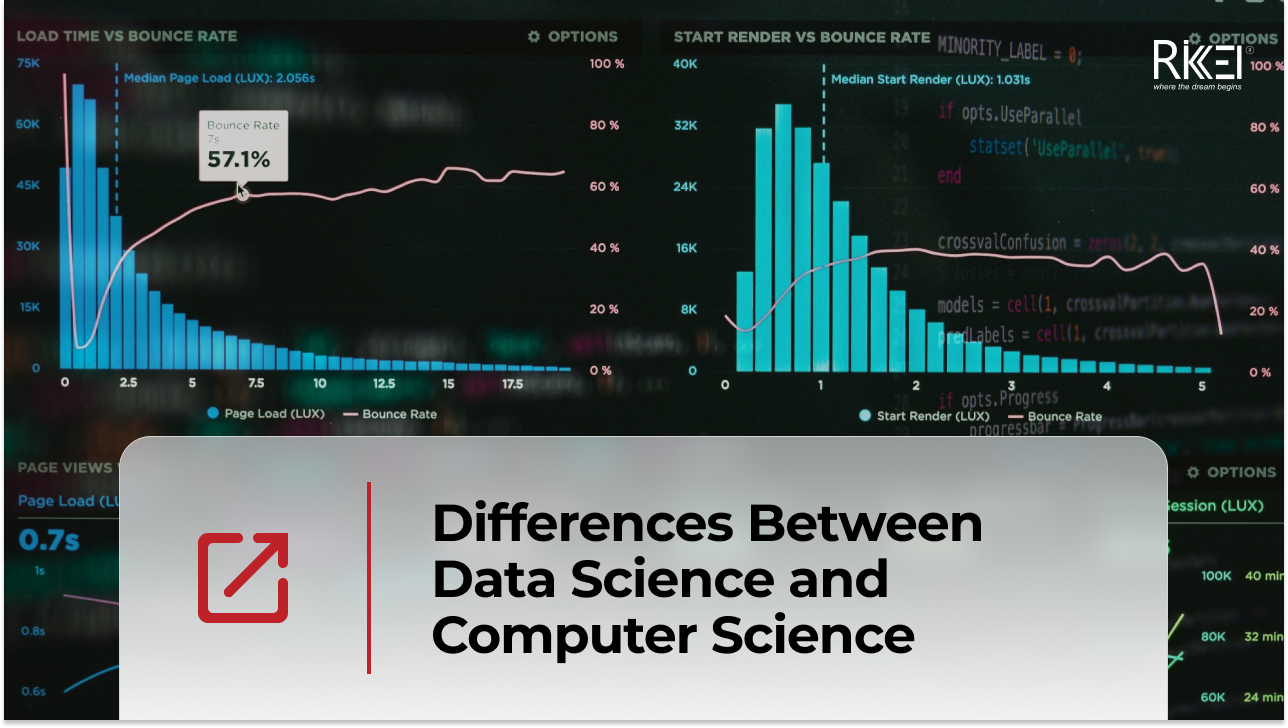
April 4, 2024
Differences Between Data Science and Computer Science
Data Science and Computer Science are distinct fields overlapping in certain areas but have different focuses and objectives. The article below will help you clearly understand the differences and the close connection between the two fields. What is Data Science? Data Science is an interdisciplinary field that combines scientific methods, processes, algorithms, and systems to […]
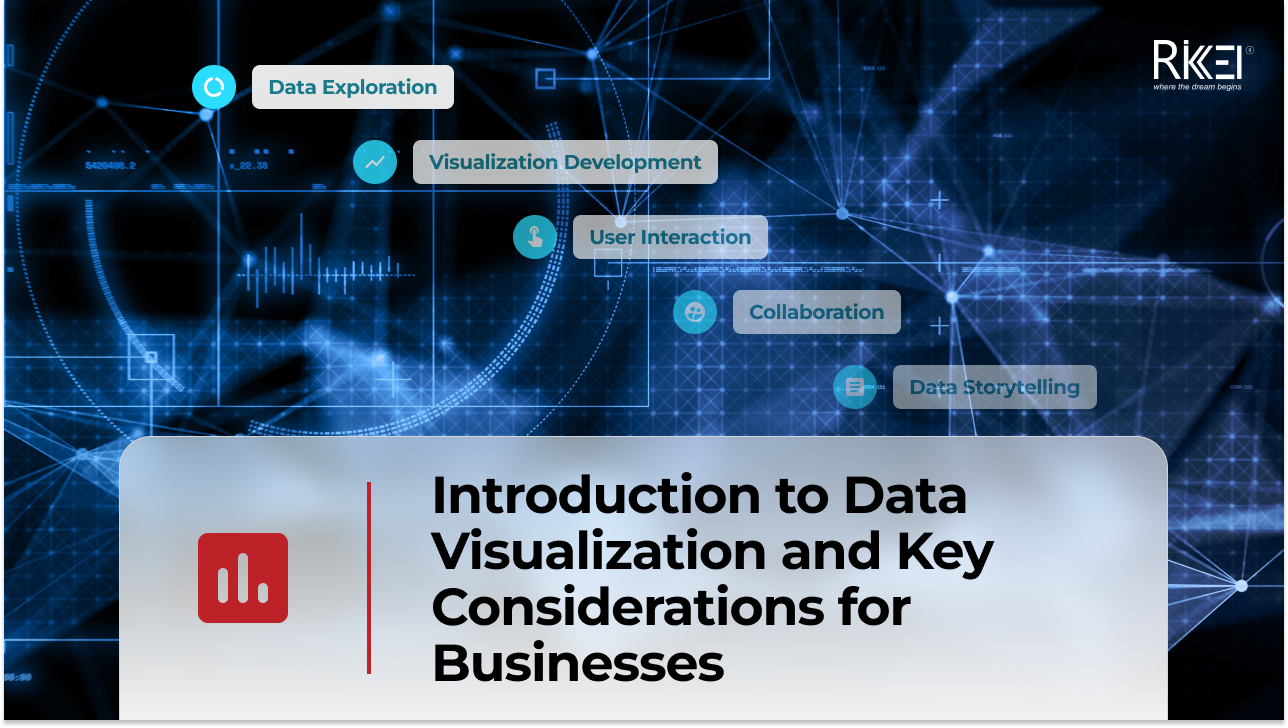
March 28, 2024
Introduction to Data Visualization and Key Considerations for Businesses
In your opinion, what is data visualization? Your main goal is to communicate your recommendations engagingly and effectively, right? To achieve this, let’s immediately explore a method that can represent information with images. What is Data Visualization? Define data visualization and their roles in organizations First, you need to find the answer to the question: […]
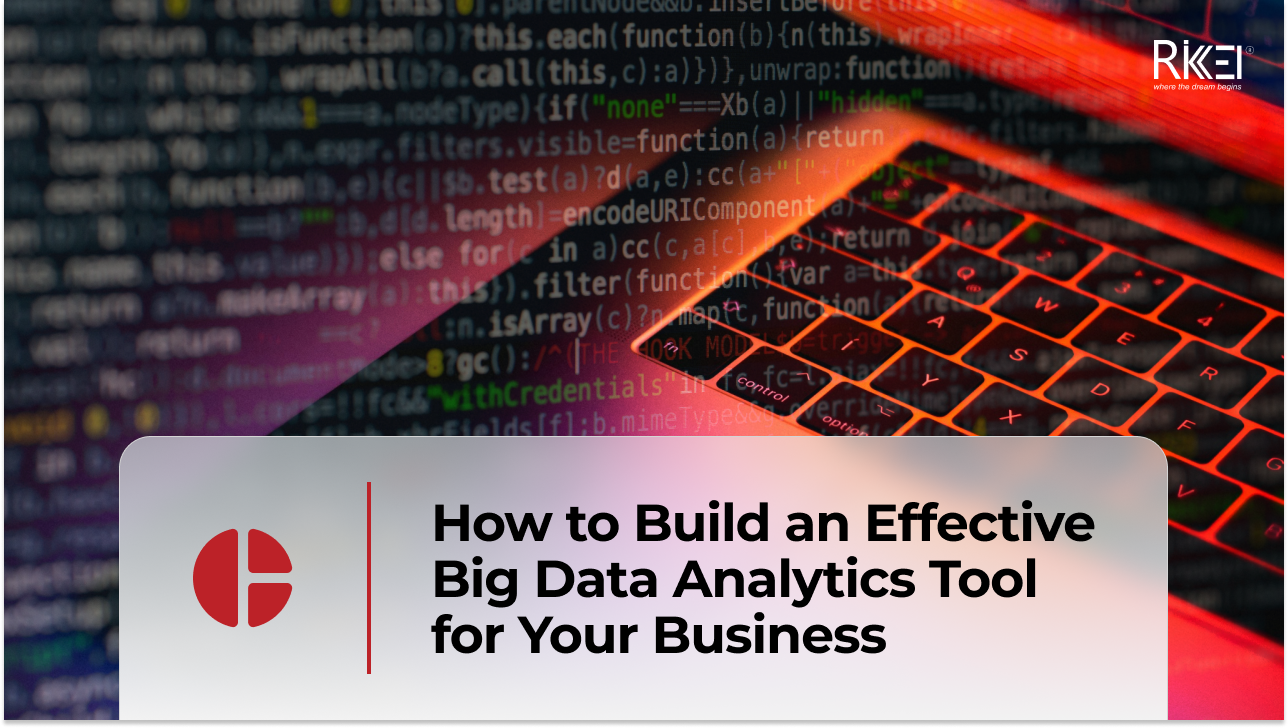
March 21, 2024
How to Build an Effective Big Data Analytics Tool for Your Business
Building an analytics tool for a business brings several significant benefits, especially in today’s business environment where data is becoming larger and more complex. So how to build an effective analysis tool for businesses, follow the article below! Assessing Business Needs Assessing business needs involves understanding the requirements, goals, and challenges of a business or […]
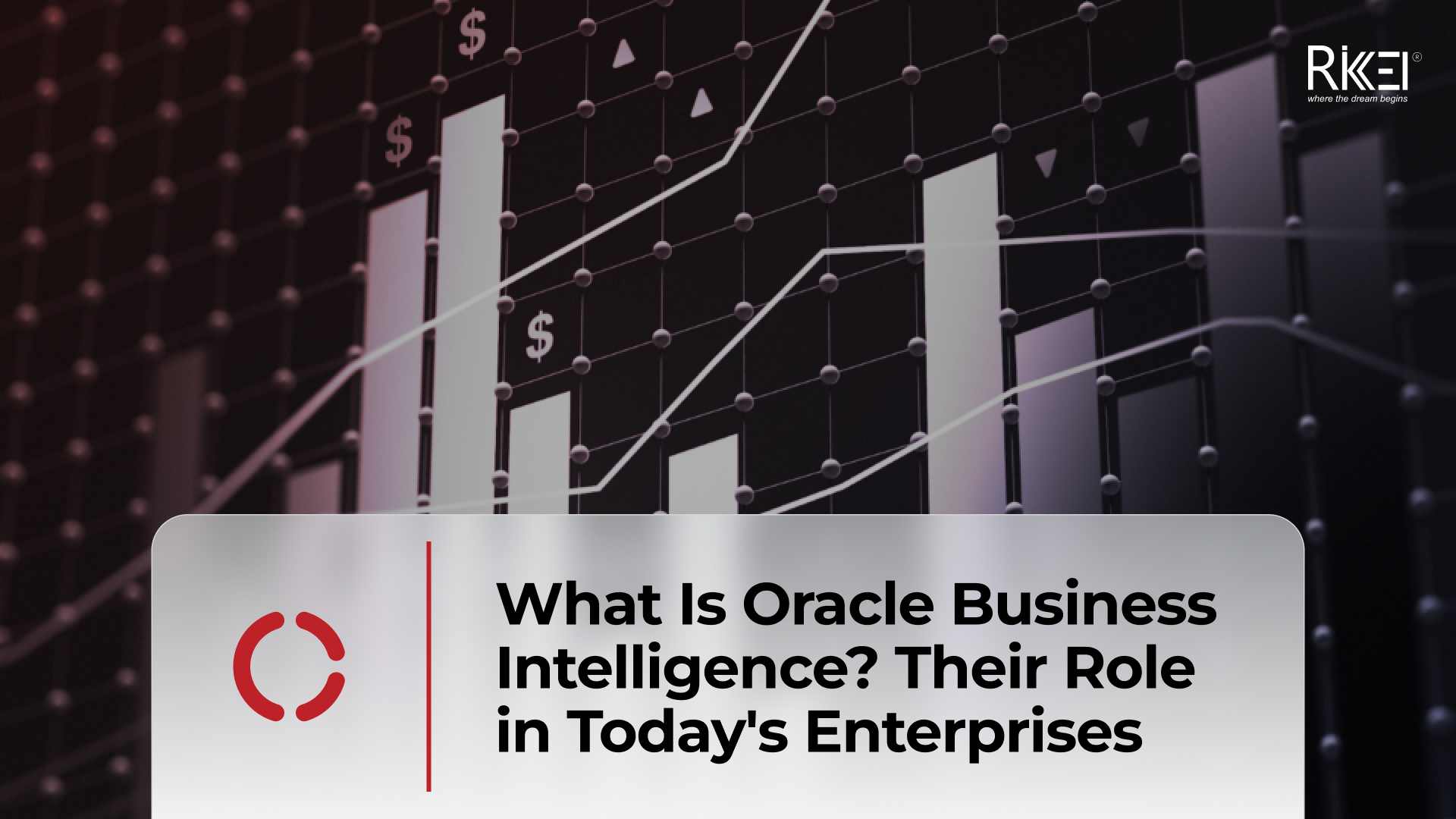
March 14, 2024
What Is Oracle Business Intelligence? Their Role in Today’s Enterprises
Oracle Business Intelligence (BI) refers to a suite of tools, technologies, and applications designed to help organizations collect, analyze and present business data. The primary goal of Oracle BI is to provide actionable insights to support decision-making within an organization. Oracle BI encompasses a range of products that enable users to gather, process and visualize […]

